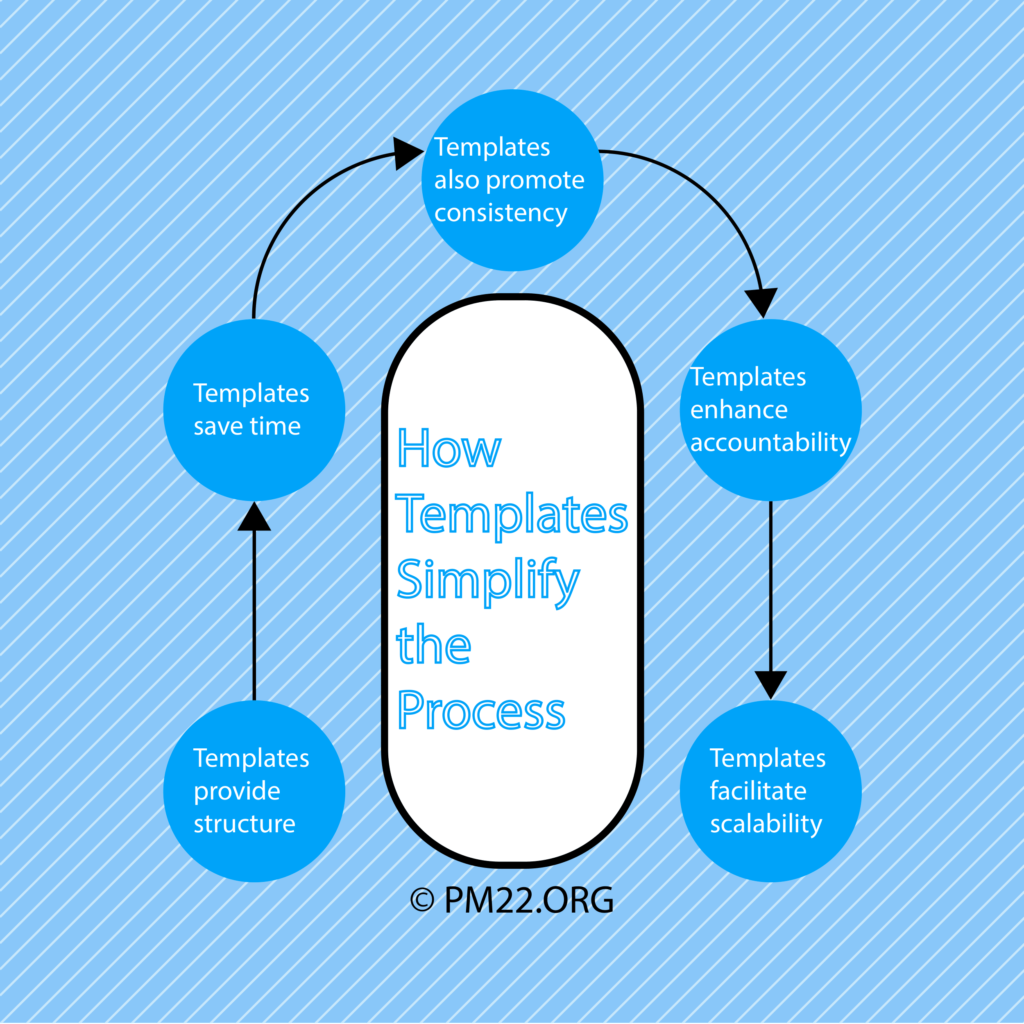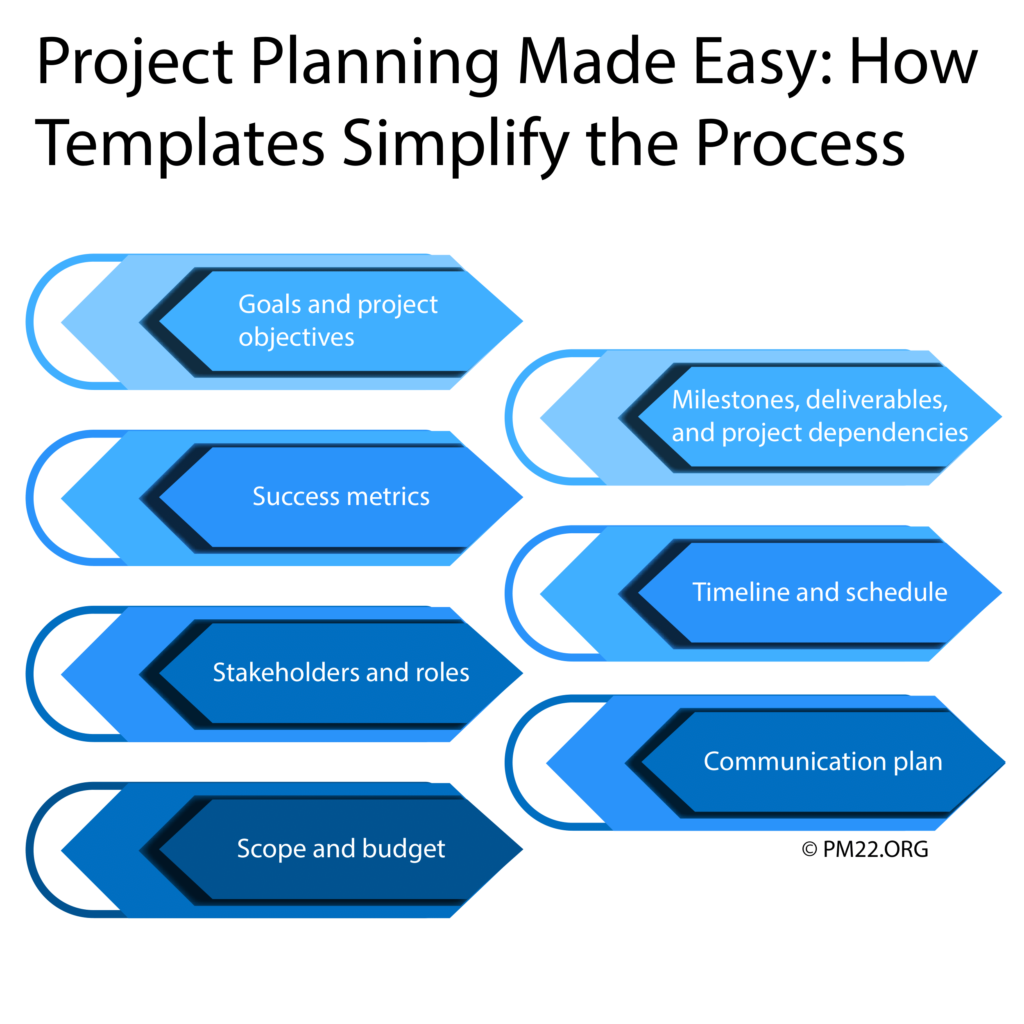 Project planning is often hailed as the cornerstone of successful project execution. It’s the roadmap that guides teams from conception to completion, ensuring that goals are met efficiently and effectively. However, creating a project plan from scratch can be a daunting task, often requiring extensive time, effort, and expertise. This is where templates come in, offering a streamlined approach to project planning that simplifies the process and enhances productivity. In this article, we’ll explore how templates make project planning easier and why they are essential tools for any project manager.
Project planning is often hailed as the cornerstone of successful project execution. It’s the roadmap that guides teams from conception to completion, ensuring that goals are met efficiently and effectively. However, creating a project plan from scratch can be a daunting task, often requiring extensive time, effort, and expertise. This is where templates come in, offering a streamlined approach to project planning that simplifies the process and enhances productivity. In this article, we’ll explore how templates make project planning easier and why they are essential tools for any project manager.
First and foremost, templates provide structure. They offer a predefined framework that outlines the key components of a project plan, such as objectives, scope, deliverables, timelines, and resources. This structure serves as a guide for project managers, helping them organize their thoughts and ideas cohesively. By following a template, project managers can ensure that no critical aspect of the project is overlooked, reducing the risk of errors and oversights.
CLICK HERE TO DOWNLOAD 300+ PROJECT MANAGEMENT TEMPLATES & DOCUMENTS IN EXCEL
Moreover, templates save time. Instead of starting from scratch every time a new project arises, project managers can simply use a pre-existing template as a foundation and customize it to suit the specific needs of the project at hand. This significantly reduces the time and effort required for planning, allowing teams to focus their energy on executing the project itself. With templates, project planning becomes a more efficient and streamlined process, enabling teams to deliver results faster.
Templates also promote consistency. By using standardized templates across all projects, organizations can ensure that project plans are uniform in structure and content. This consistency facilitates communication and collaboration among team members, as everyone is familiar with the format and knows where to find relevant information. Consistent project planning also makes it easier to track progress, identify issues, and make adjustments as needed, ultimately leading to better project outcomes.
Furthermore, templates enhance accountability. By clearly defining roles, responsibilities, and deadlines within the project plan, templates help ensure that everyone on the team knows what is expected of them and when. This fosters a sense of ownership and accountability among team members, motivating them to deliver their best work on time and within budget. When expectations are clearly outlined in a project plan, it becomes easier to hold team members accountable for their actions, reducing the likelihood of missed deadlines or incomplete deliverables.
CLICK HERE TO DOWNLOAD 300+ PROJECT MANAGEMENT TEMPLATES & DOCUMENTS IN EXCEL
Additionally, templates facilitate scalability. As organizations grow and take on more complex projects, having standardized templates in place allows them to scale their project planning processes efficiently. Templates can be easily adapted and modified to accommodate the unique requirements of different projects, ensuring that the organization’s project management practices remain flexible and agile. This scalability is essential for organizations seeking to remain competitive in today’s fast-paced business environment.
In conclusion, project planning is a critical aspect of project management, and templates play a crucial role in simplifying the process. By providing structure, saving time, promoting consistency, enhancing accountability, and facilitating scalability, templates empower project managers to plan and execute projects more effectively. Whether you’re managing a small team or overseeing large-scale initiatives, using templates can help you streamline your project planning efforts and achieve better outcomes. So why start from scratch when you can make project planning easy with templates?
